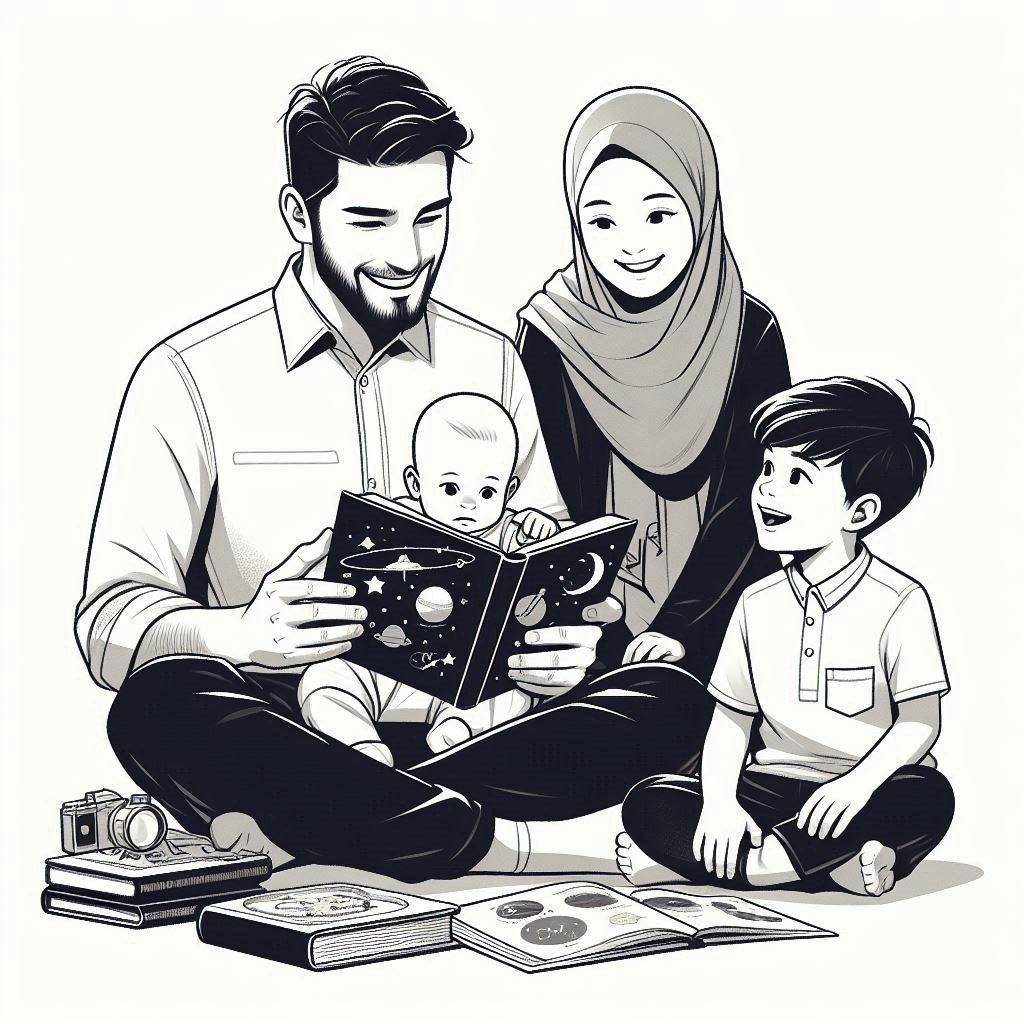An ideal father is a figure of strength, compassion, and guidance. He plays an essential role in the emotional, mental, and physical development of his children, and his presence in their lives can have a profound impact on their future. While no one person can be perfect, certain qualities define an ideal father, blending love, support, and discipline in a way that creates a secure, nurturing environment for his family.
First and foremost, an ideal father is loving and affectionate. He demonstrates love through both words and actions, making his children feel valued and secure. His love is unconditional, free from judgment or expectation, and it creates a safe space for his children to express themselves without fear of rejection. Physical affection—such as hugs, pats on the back, or simply spending quality time together—helps foster an emotional bond that strengthens over time.
Patience is another essential quality of an ideal father. Children often test boundaries as they grow, and a father who is patient is able to handle these moments with grace. He listens to his children, understands their needs, and provides calm guidance rather than reacting in anger or frustration. Through his example, he teaches the importance of self-control, empathy, and problem-solving. A patient father helps his children navigate difficult situations with confidence and resilience.
An ideal father is also a provider and protector. This doesn’t necessarily mean providing financially, though that can be an important aspect, but it also refers to providing emotional and psychological support. A father who is present in his children’s lives ensures they have what they need to thrive, from education and opportunities to love and encouragement. As a protector, he safeguards his children from harm, not only physically but also emotionally, teaching them how to make responsible decisions and defend themselves against negativity and adversity.
Furthermore, a good father is an active participant in his children's lives. He is involved in their interests, whether it’s attending school events, playing sports together, or simply engaging in conversations. This involvement fosters trust and deepens the father-child relationship. By taking an interest in his children’s passions, an ideal father shows that their thoughts, feelings, and opinions matter.
Another key trait is being a role model. Fathers lead by example, displaying behaviour's they hope to see in their children. They teach values such as respect, honesty, hard work, and kindness. Through their actions, fathers shape their children’s perspectives on how to treat others, how to approach challenges, and how to live with integrity.
Lastly, an ideal father knows the importance of discipline, but he applies it with fairness and consistency. Discipline isn’t about punishment; rather, it’s about teaching children responsibility and helping them understand the consequences of their actions. An ideal father sets boundaries and enforces rules in a loving way, helping children develop a sense of right and wrong.
In conclusion, the ideal father combines love, patience, protection, involvement, and discipline. He creates a secure and loving environment where his children can grow, feel valued, and learn the skills they need to succeed. By being a role model and offering unconditional support, he shapes the future of his children, laying the foundation for them to become compassionate, resilient, and responsible adults.

